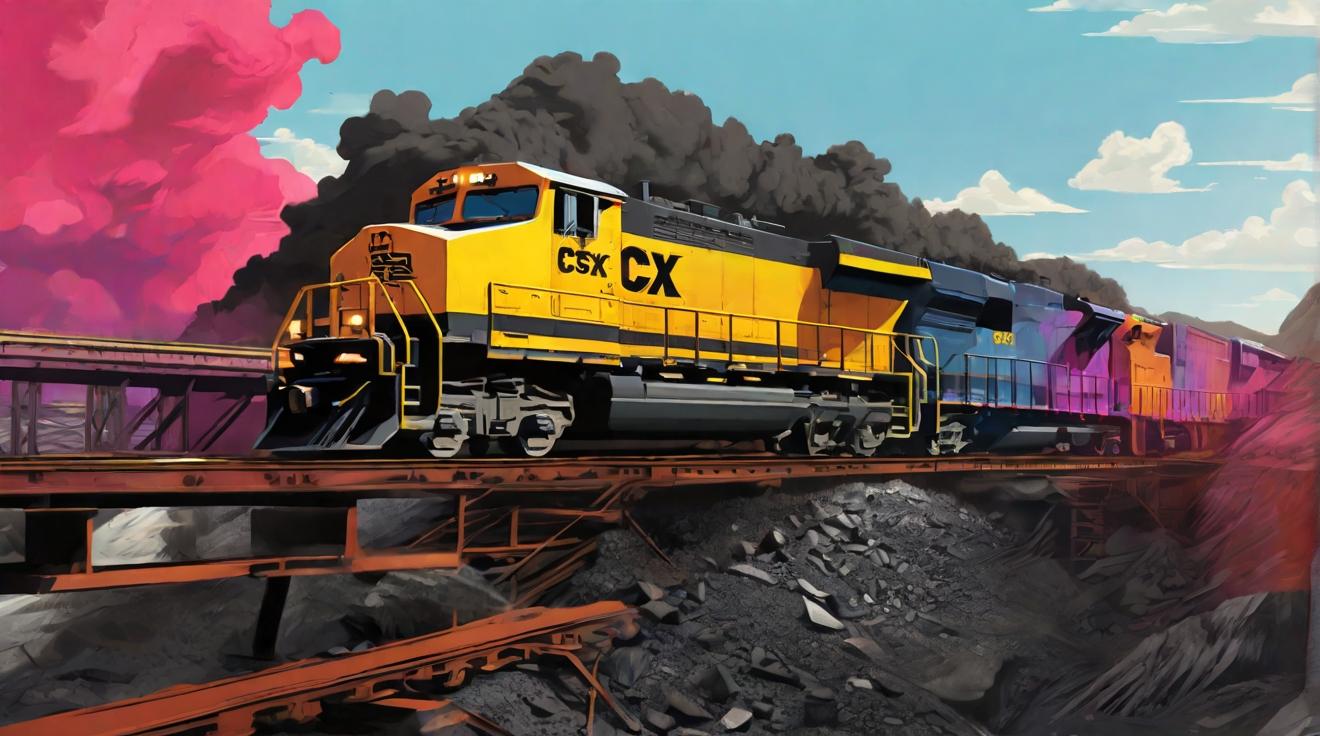Container Ship Incident at Baltimore's Key Bridge Raises Economic Concerns
In a dramatic Tuesday morning scene, a container ship collided with the Francis Scott Key Bridge near Baltimore, causing a significant part of the structure to give way. The fallout from this incident includes vehicles plunging into the Patapsco River and sparking widespread discourse on the macroeconomic implications it might herald, particularly in terms of supply chain disruptions and the potential for reigniting inflation.
Market watchers have been quick to voice concerns, but financial research firm Sevens Report offers a reassuring perspective, arguing against the likelihood of significant macroeconomic repercussions for two fundamental reasons.
First and foremost, Baltimore's port, despite being the ninth-largest in the U.S., caters to a specialized market niche. The port, known for its import of specialized automobiles, doesn't play a vital role in the broader supply chain network to spark a significant inflationary trend. "Baltimore… is not large enough to cause a material supply chain disruption that leads to broader inflation," according to Sevens Report analysts. Alternate ports in Charleston, Savannah, and New York/New Jersey are expected to efficiently mitigate any impacts from this incident.
Moreover, the port's limited involvement in major energy imports further diminishes the risk of an inflationary spike in energy prices. While coal remains a key export, disruptions are anticipated to be temporary. Reflecting this sentiment, the stocks of coal companies and CSX, the prime rail operator servicing the region, suffered hits. Specifically, Consol and CSX experienced stock price reductions of 6.8% and 1.9%, respectively, attributed to the short-term setback in coal shipments.
Despite these disruptions, Sevens Report views the damage as a transient concern rather than a long-term economic threat. "This isn’t a material negative for either company… they’re likely a buying opportunity," analysts suggest, highlighting the resilience of these entities.
The bridge collapse represents both a human tragedy and a short-term financial setback for specific entities, yet it does not substantially alter macroeconomic prospects related to inflation or growth. This scenario underscores the prevailing bullish mantra emphasizing stable growth, declining inflation, expected Federal Reserve rate cuts, and AI enthusiasm, laying a robust foundation for economic resilience and optimism.
Analyst comment
Positive news: The container ship incident at Baltimore’s Key Bridge is not expected to have significant macroeconomic repercussions. Alternate ports are expected to mitigate any supply chain disruptions, and limited involvement in major energy imports reduces the risk of inflationary spikes in energy prices. The damage is viewed as a transient concern and represents a buying opportunity for certain companies. Overall, the incident does not substantially alter macroeconomic prospects and supports the prevailing bullish mantra of economic resilience and optimism.













